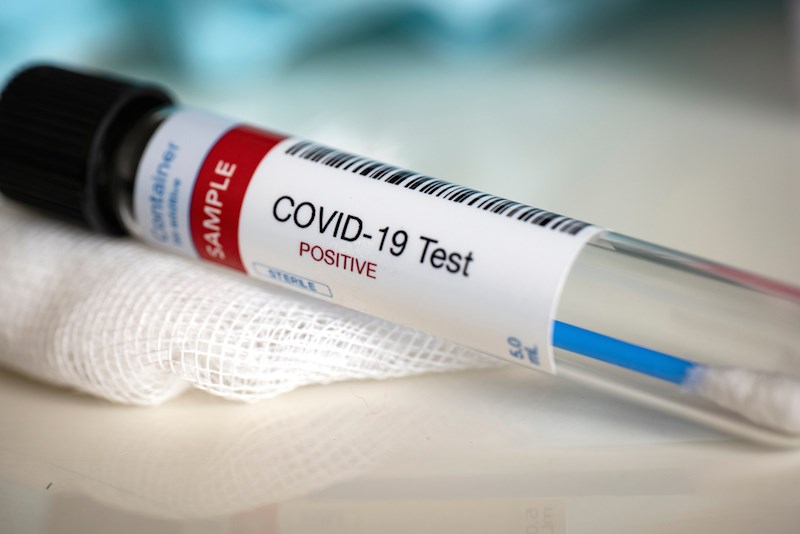University of British Columbia students are now eligible to participate in a pilot project using rapid COVID-19 screening tests.
UBC students and staff who live or work in first-year residence and are over 16 years of age are eligible to participate. However, anyone who previously tested positive for COVID-19 within the past 90 days is excluded.
"It’s easy, quick, comfortable, free and involves taking a simple nasal swab from the front of your nose," explains UBC on its website, adding that eligible students who register for the pilot will be entered to win "one of 3 Beats Pro Headphones OR Apple AirPod Pros.*
The pilot runs from Feb. 9 to Apr. 8, 2021.
In addition to making its first-year residence safer, the university says the province is interested in piloting this rapid screening tool in a younger population who live in congregate housing such as first-year residence.
"There have been outbreaks in other University residences and the results of this pilot could be helpful for other students who live together in similar residence settings," notes UBC.
How it works
- Students register and schedule their appointments (1 to 3 tests a week) online.
- Students get rapid-tested (mid-nasal swab). The entire process takes 20-30 minutes.
- Students enjoy snacks while waiting 15 minutes for their results.
- Students continue to get tested 1 to 3 times each week until April 8, 2021.
UBC explains that "the screening test process should not be painful" and the "mid-nasal swab" is only inserted a short distance into your nostril to collect a nasal sample.
What’s the difference between a screening test and a test?
Screening tests for SARS-CoV-2 are intended to identify occurrence at the individual level even if there is no reason to suspect infection (e.g., there is no known exposure). Screening tests are intended to identify infected individuals without, or prior to the development of symptoms, who may be contagious so that measures can be taken to prevent further transmission.
A screening COVID-19 test is specific for SARS-CoV2 but has a lower sensitivity (e.g., ability to pick up the virus) than that of a diagnostic test. It provides an indicator of whether diagnostic testing is needed.



